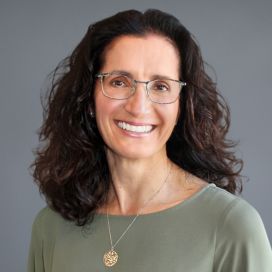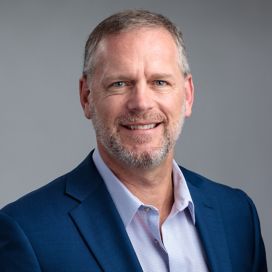2023 & 2025 Colorado Health Access Survey

Problem
Colorado decision-makers need high-quality data to improve health insurance coverage and access to care.
Colorado’s policymakers, state agencies, local governments, and community-based organizations need high-quality data to improve Coloradoans’ overall health, health coverage, and access to care. To meet this need, the Colorado Health Institute (CHI) has conducted the biennial Colorado Health Access Survey (CHAS) since 2009. The survey also tracks the effects of policy changes and public health emergencies and examines social determinants of health.
Solution
NORC took over CHAS in 2021 and made several enhancements to improve the quality and utility of the data.
NORC became CHI’s survey partner for the CHAS for the 2021 data collection effort. The approach we designed for the CHAS provides representation of a variety of subgroups to allow the CHI to monitor trends and identify challenges facing Coloradoans. As part of our work, we:
- Support the development and translation of the survey instrument and recruitment materials
- Program the survey for multimode (phone and web) administration
- Develop and implement a complex sampling design to oversample adults from various backgrounds, including age, income, race/ethnicity, household size, and insurance status
- Collect over 10,000 interviews in English and Spanish
- Design complex survey weights
Result
In 2023, findings helped illustrate the impact of the COVID pandemic and its aftermath on insurance rates and other factors.
In 2023, data collected by NORC helped CHI to understand the disparities and impacts of the COVID-19 pandemic on health care access and usage in Colorado.
- Approximately 5 percent of Coloradoans (~265,00 people) did not have health insurance in 2023. This is a decline from 6.5 percent to 4.6 percent.
- The increase in health insurance was a result of individuals covered by Medicaid and the pause in disenrollment during COVID-19. However, with the end to the public health emergency, individuals are losing Medicaid coverage, so this gain may be reversed.
- The most common reason for not having health insurance was cost. Eighty-seven percent of Coloradoans who are uninsured stated such. This is compared to 25 percent who don’t know how to get insurance.
Project Director
Related Tags
Project Leads
-
Barbara Fernandez
Associate DirectorProject Director -
David Dutwin
Executive Director and Senior Vice PresidentSenior Research Methodologist -
Stas Kolenikov
Principal StatisticianSenior Statistician











